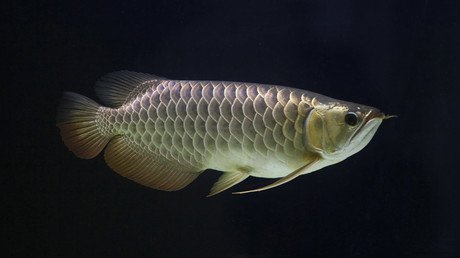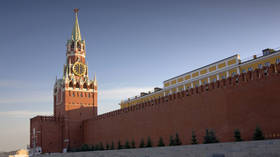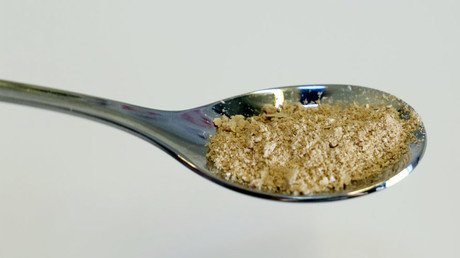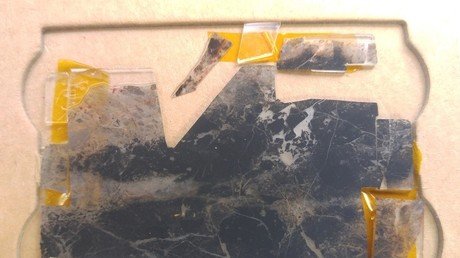Toxic metal into nuggets: Secrets of gold-pooping bacteria unraveled by scientists
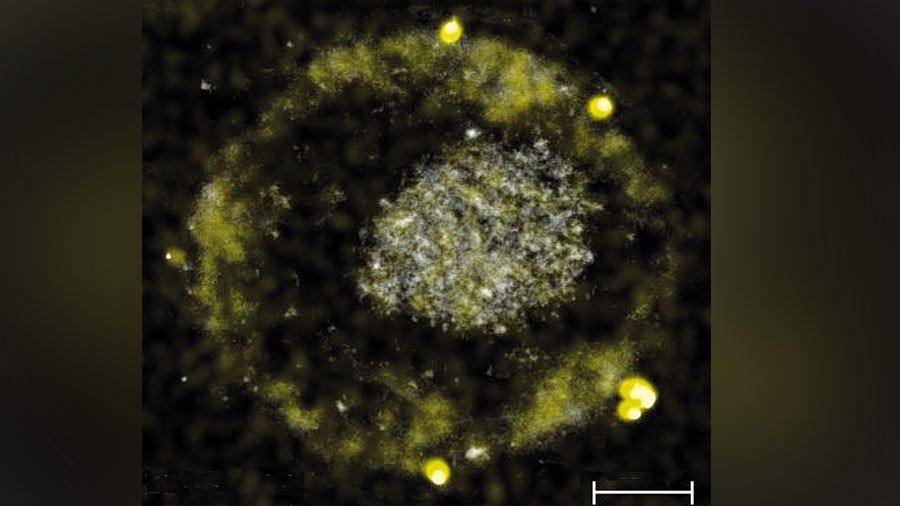
A unique bacteria that produces gold as a byproduct of ingesting toxic metals may be key to the future refinement of the precious mineral, according to new research.
The study published in the journal Mettalomics claims to solve the mystery of how the metal-gobbling bacterium, Cupriavidus metallidurans, can consume copper and gold without poisoning itself.
Previous research established that the rod-shaped bacteria ingested toxic gold compounds, converted them into the element’s metallic form and then pooped out gold nuggets. What baffled scientists was how it did this without causing any harm to the organism itself.
Now a team of international researchers say the bacteria has its own protective mechanism that involves the chemical processes of both copper and gold.
“Apart from the toxic heavy metals, living conditions in these soils are not bad. There is enough hydrogen to conserve energy and nearly no competition. If an organism chooses to survive here, it has to find a way to protect itself from these toxic substances,” study co-author Professor Dietrich H Nies said in a statement.
“Copper and gold combined are actually more toxic than when they appear on their own,” Nies said. By transforming the copper and gold compounds into their originally difficult to absorb forms, the compounds enter the cellular interior and the bacterium is poisoned less.
The enzyme that pumps out copper can dispose of the excess copper unimpeded while any gold compounds that are difficult to absorb are expelled in the outer area of the cell in the form of harmless gold nuggets – only a few nanometres in size.
In this way the bacteria transforms the toxic gold particles, formed by the weathering process, into harmless gold particles.
These insights could pave the way for future gold refining, according to the study. Scientists say that once the entire cycle is understood it may be possible to produce gold from ores containing only a small percentage of gold.
Like this story? Share it with a friend!
